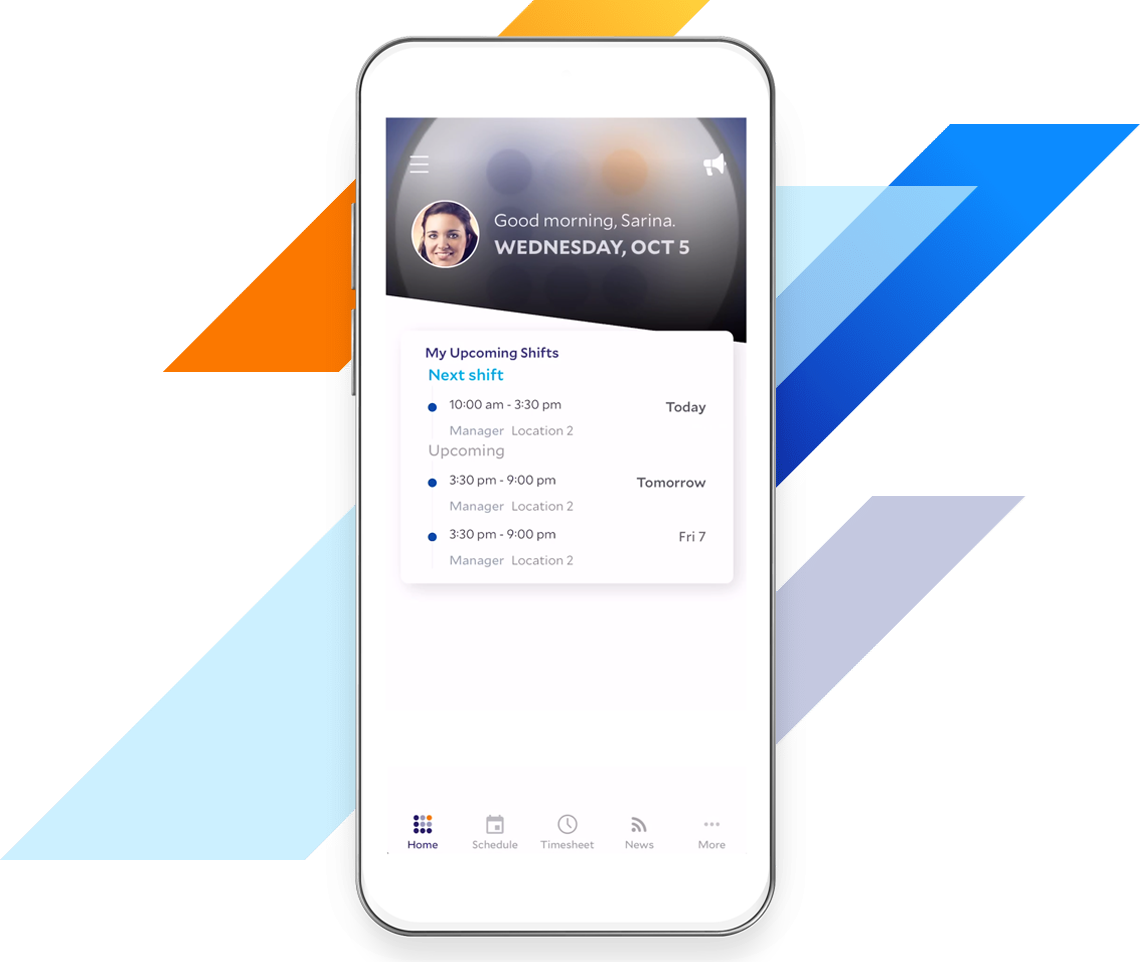The Brave New World of the Experience Economy
September 11, 2018
by Nancy Boas

The Impact of Experiential Retail
Twenty years ago, Joseph Pine and James H. Gilmore published an influential article in the Harvard Business Review titled “Welcome to the Experience Economy.” They asserted that staging compelling experiences would become the next competitive battleground for leading-edge companies, and that economic value progresses from commodities to goods to services to experiences. Their paper was seminal because time has proven them right and the battle over offering the best experience has begun.
“As services, like goods before them, increasingly become commoditized—think of long-distance telephone services sold solely on price—experiences have emerged as the next step in what we call the progression of economic value. From now on, leading-edge companies—whether they sell to consumers or businesses—will find that the next competitive battleground lies in staging experiences.”
The Experience Economy is here
In an interview with Carmin Gallo, author of the book “The Apple Experience: Secrets To Insanely Great Customer Loyalty,” Zendesk noted that the “Apple Store is the most profitable retailer on the planet. It boasts the highest revenue per square foot of any retail store, averages more than 20,000 visitors a week and consistently earns accolades for its customer service.” Apple, who was nearly bankrupt in the late 1990s, realized that their customers wanted an “Apple experience” not just gadgets, and launched the Apple Store at a time when traditional electronic stores were going bankrupt, and everyone assumed people would switch to buying electronics exclusively online. The Apple Store experience is central to the success of the largest company in the planet.
Companies born in the midst of the experience economy designed their entire customer journey around experiences and are happily reaping the benefits of the economic value of experiences which Pine and Gilmore referred to. Just look at Lululemon, designed around experiences from the ground up, thriving on the loyalty of customers who keep coming back. Just a couple of months ago, Forbes wrote an insightful article about this new Experiential Retail reality, listing the six dimensions that constitute it: intuitive, human, accessible, meaningful, immersive, and personalized.
Experiential Retail: People are key to ‘Staging Experiences’
As Forbes noted in the human dimension, people are the key to experiential retail. No matter how cozy and inviting a store is, the “staging” of the experience is ultimately delivered by people. Successful retailers who have figured this out, invest smartly in ensuring their people are motivated and energized. “Happiness” went from a “feeling good” new age idea on the fringes of management theory, to the central ingredient of the experience economy.
Influential business schools, such as Stanford Graduate School of Business, conduct extensive research on the science of happiness and train their students on the importance of it in a successful business. One of the school’s research studies – The Psychology of Happiness – is centered around the premise that “there is a strong correlation between happiness and the experience of meaning,” asserting that happiness can be objectively measured over time in the workplace.
Millennials are in control
The often capricious and demanding young professionals we call millennials, who were children when the Harvard article on the experience economy was written, are now the people delivering and receiving the experiences. Millennials have a completely different value system from the generations that preceded them: they prefer experiences to things. Professionally they want to participate in meaningful work completed on their own schedules.
Furthermore, millennials demand control of their lives and value flexibility over certainty. No wonder why companies started by millennials include services that focus on the experience and put customers and employees in control, such as Airbnb and Uber – who completely changed their industry within just a few years of being created and allow for “on demand” experiences.
New approaches are required to deliver experiences
The authors of the Harvard Business Review article wrote that the “transition from selling services to selling experiences will be no easier for established companies to undertake and weather than the last great economic shift, from the industrial to the service economy.”
Engaging the workforce which will deliver the experience economy to customers requires the latest technologies such as artificial intelligence and machine learning. When paired, these technologies enable millennial workers to have the flexibility and the control they demand so they can find meaning in their work and stage the compelling experiential retail needed for a competitive advantage. These technologies can deliver employee and customer happiness while ensuring companies meet their financial goals. AI applied to workforce management goes beyond simply matching “demands” to even including factors such as the weather, local events, and even social media chatter around locations that actually affects demand in real time and thus changes what traditional forecasting methods would have predicted.
Realizing the economic value of the experience economy
Pine and Gilmore wrote that the “question, then, isn’t whether, but when—and how—to enter the emerging experience economy.” The when is now and the how is technology. Companies formed in the age of artificial intelligence and machine learning have been designed from the ground up to enable the transformation that the experience economy is bringing to every industry. Legion’s focus is building technology which makes companies ready to meet all the demands that an experience economy brings: the profitability demands of a business, the control and flexibility demands of employees, and the demands of consumers who value experiences as much as they value your products and services.
The authors offer sage advice to begin your journey into the brave new world of the experience economy:
“Think about what you would do differently if you charged admission.”
